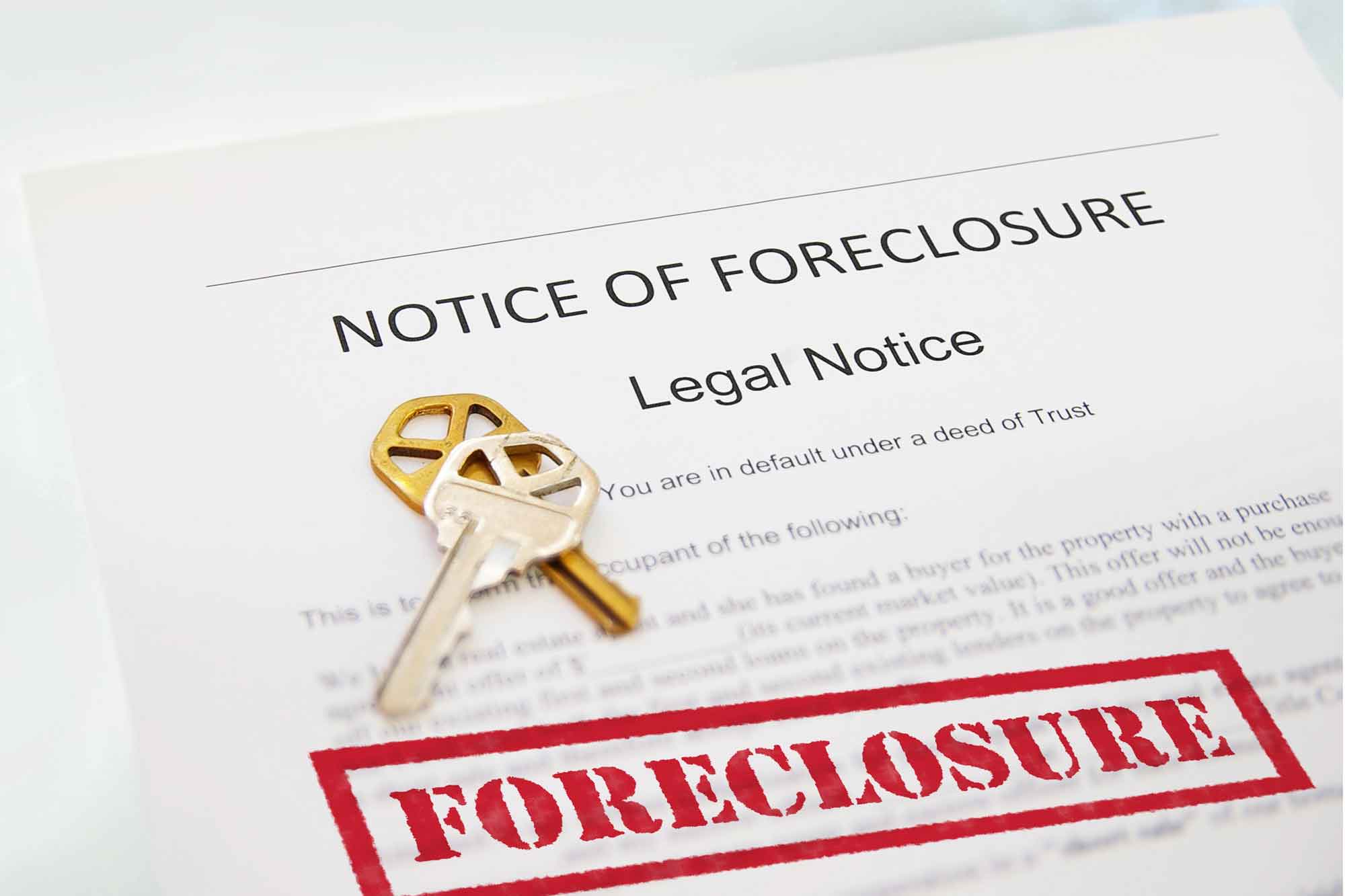What Is A Foreclosure? How It Works And Ways To Avoid It

What is a foreclosure? This is a legal process that lenders use to reclaim a property due to the borrower’s failure to keep up with mortgage payments. This blog post will explore the foreclosure process, its implications, and how homeowners can avoid it.
The Foreclosure Process Further Explained
Foreclosure typically begins when a homeowner fails to make mortgage payments. The process can vary depending on state laws and the terms of the mortgage agreement, but generally follows a similar pattern.
- Missed Payments and Notice
The first step in the foreclosure process is missing one or more mortgage payments. Lenders will usually send notices or warnings after each missed payment, providing information on the outstanding amount and potential consequences.
- Notice of Default
After a series of missed payments (usually three to six months), the lender issues a Notice of Default. This formal notice is often recorded with the county recorder’s office, signifying the start of the official foreclosure process.
- Pre-Foreclosure
This stage allows the borrower time (typically 30 to 120 days) to resolve the default. Options include paying the overdue amount, selling the home, or negotiating a loan modification with the lender.
- Auction or Bank Repossession
If the default is not remedied, the lender may auction the property or repossess it. Auctioned properties are often sold below market value, which can be an opportunity for investors but a significant loss for the homeowner.
The Impact of Foreclosure
Foreclosure can have long-lasting effects on homeowners.
- Credit Score Damage
A foreclosure can significantly lower a credit score and remain on a credit report for seven years, making it challenging to obtain new loans or credit.
- Deficiency Judgments
In some cases, if the foreclosure sale does not cover the outstanding mortgage balance, the lender may pursue a deficiency judgment against the borrower for the remaining amount.
Avoiding Foreclosure: Practical Strategies
There are several ways homeowners can avoid foreclosure.
- Communication with Lenders
Early communication with the lender is critical. Many lenders prefer to work out a solution rather than foreclose on a property.
- Loan Modification
Loan modification involves renegotiating the loan terms, potentially lowering the monthly payment to a more manageable amount.
- Refinancing
Refinancing the mortgage with a new loan, possibly with a lower interest rate or longer repayment term, can reduce monthly payments.
- Forbearance Agreement
A forbearance agreement temporarily reduces or suspends mortgage payments. This is often an option during temporary financial hardships.
- Short Sale
In a short sale, the property is sold for less than the outstanding mortgage balance. While this still results in losing the home, it can be less damaging than a foreclosure.
Legal Options and Assistance
Homeowners facing foreclosure should consider seeking legal advice. A lawyer can help navigate the foreclosure process, negotiate with lenders, and explore legal options such as filing for bankruptcy, which in some cases can halt a foreclosure.
Foreclosure is a serious legal process with lasting consequences. Understanding what it entails and the options available for avoiding it is crucial for any homeowner struggling with mortgage payments. Early intervention, open communication with lenders, and exploring all available options can help prevent the financial and emotional strain of losing a home to foreclosure.
At Freedom Law Firm, we specialize in providing compassionate and effective assistance to homeowners facing the prospect of foreclosure. We understand that falling behind on mortgage payments can happen for a variety of reasons, and our experienced team is here to offer a helping hand. Our approach involves assessing your unique situation and exploring all possible options to avoid foreclosure, including loan modifications, forbearance agreements, and negotiating with lenders. We believe in empowering our clients with knowledge and providing them with the legal expertise needed to navigate these challenging times. By partnering with us, you gain a dedicated ally committed to finding the best solutions to protect your home and financial future.
